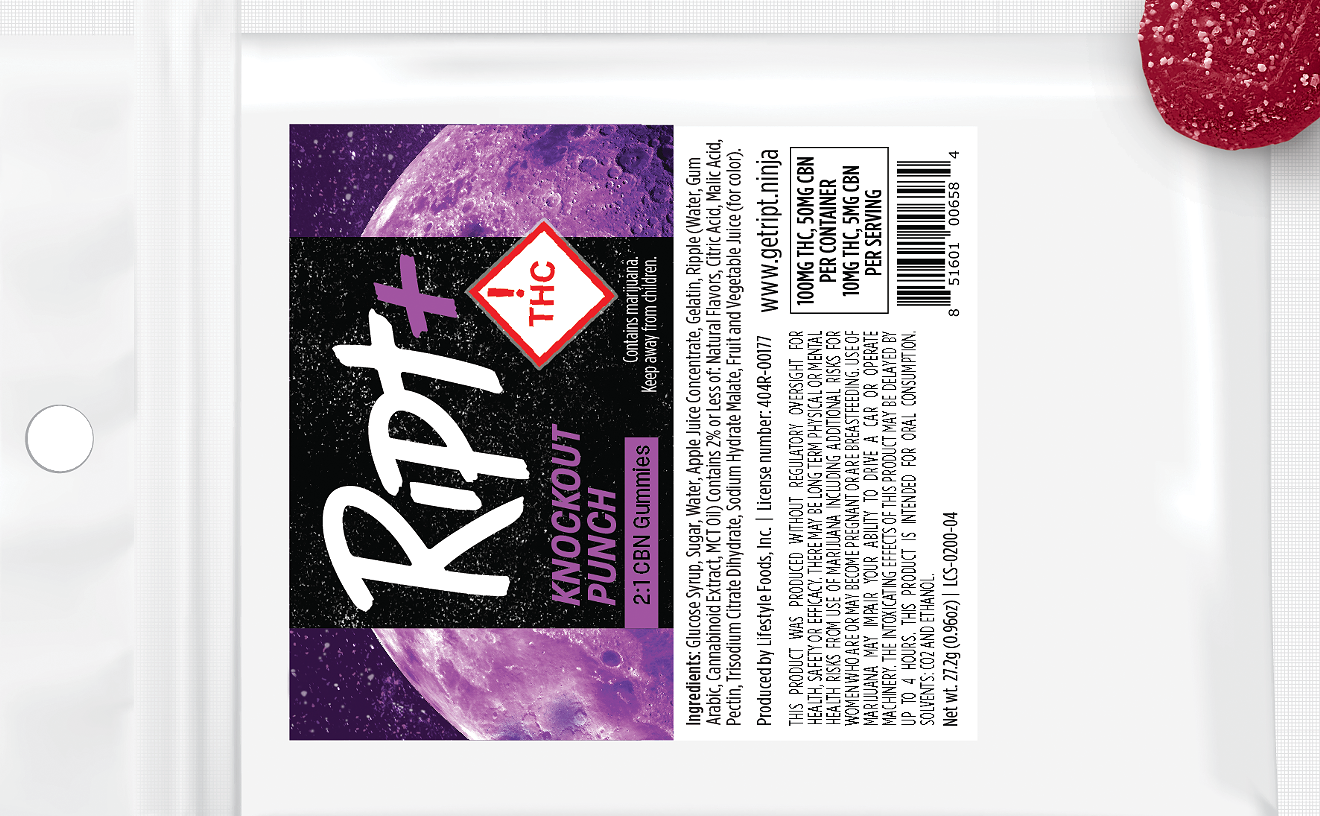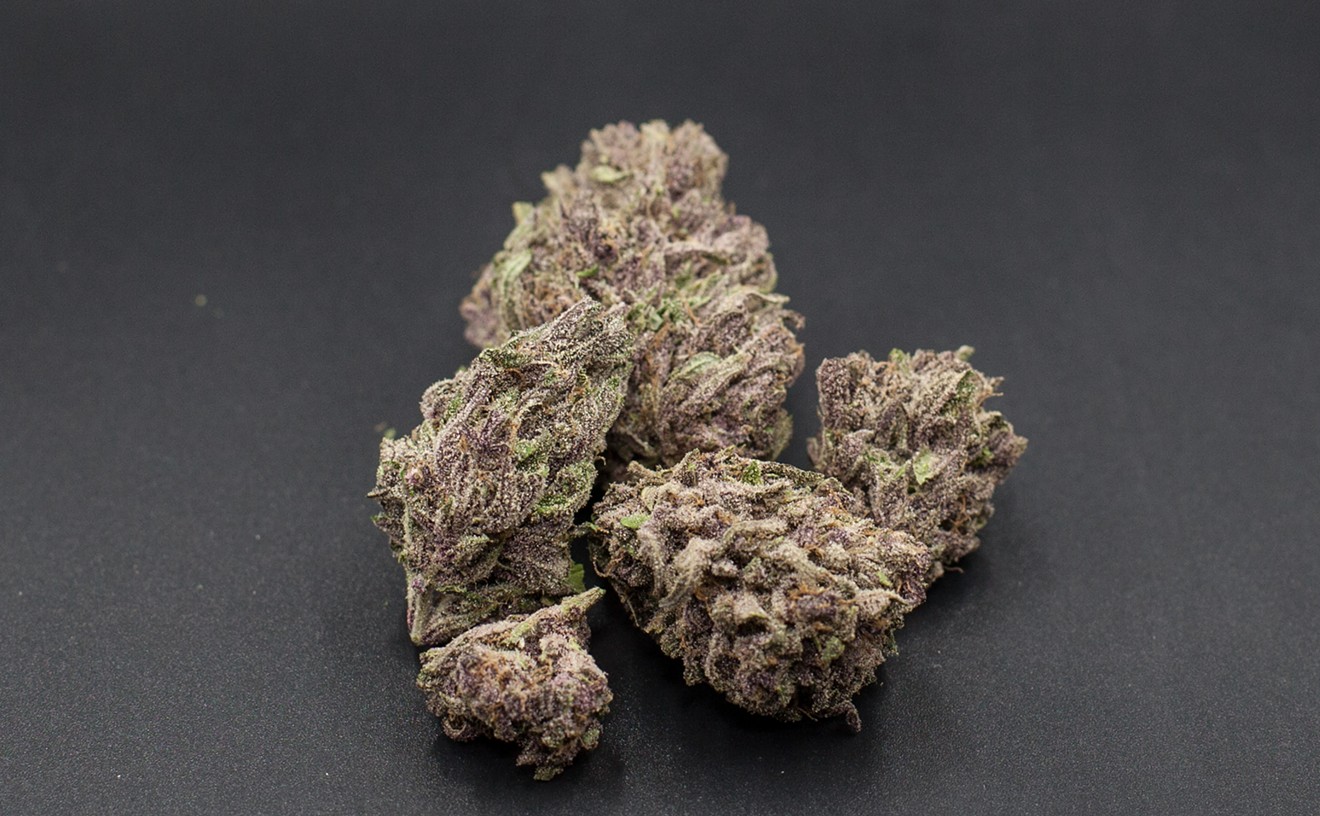"I'm not okay."
Those were the first words that came out of the mouth of Alaska Airlines off-duty pilot Joseph David Emerson on October 23, moments before he allegedly attempted to turn off a plane's engines midair with over eighty people aboard, according to the FBI and other law enforcement authorities.
The 44-year-old father of two, described as "nice" by neighbors, was hitching a ride on a Horizon Air flight from Everett, Washington, to San Francisco when he went wiggy, and the plane made an emergency landing in Oregon. Although the incident quickly made headlines, Emerson's initial statement to police is what's now getting most of the attention.
Emerson pleaded not guilty to 83 counts of attempted murder through his attorney, and has since received additional charges from federal prosecutors for interfering with a flight crew. According to a probable-cause statement filed in Multnomah County Circuit Court, he told Portland police that he had eaten psychedelic mushrooms for the first time before snagging a jump seat in the plane's cockpit. According to the actual pilots of the Horizon Air flight, Emerson had been making casual conversation about the weather before he reportedly tried pulling two red handles to activate an on-board fire suppression system and turn off the plane's engine.
While memes and social media played up the mushroom angle, most the content failed to mention that Emerson also told law enforcement that he hadn't slept for more than forty hours, and that it had actually been two days since he had eaten those shrooms. According to police and FBI reports, Emerson didn't appear to be intoxicated when he was arrested, and Horizon employees said he didn't seem impaired before takeoff. As an FAA-registered pilot for Horizon's parent company, Alaska, it was normal procedure to give him a ride. Until it wasn't.
The national stories have made no mention of toxicology reports or the amount of psilocybin mushrooms Emerson allegedly ate. While psilocybin is largely considered safe by medical professionals, it can produce adverse hallucinatory and mental effects and, in rare instances, emergency psychological symptoms, according to a 2022 piece published in the Journal of Psychopharmacology.
Emerson is either exaggerating, lying or experienced extremely rare but dangerous psilocybin side effects. As a pilot, he is prohibited from using federally banned substances regardless of their in-state legality — medical mushroom use is legal in Oregon but not in Washington or California — but as Colorado steps into a regulated world of medical psilocybin and decriminalized natural psychedelics, state officials and psychedelics advocates can't afford not to take the situation seriously. For a state nearly one decade into recreational cannabis sales, this pilot's tale sounds like history repeating itself and a cautionary tale rolled into one.
Government, advocacy and commercial stakeholders in psychedelics are already preparing public education campaigns and production rules for potential psilocybin products allowed under a to-be-determined state framework that will be finalized next year. Although use must be supervised and Colorado's new psychedelic laws won't permit recreational dispensaries, there will be licensed cultivations and facilitation sites, and, potentially, manufacturers of psilocybin-infused foods such as chocolates, gummies or tea.
And if cannabis legalization has shown us anything, it's that there's always someone inclined to bite off more than they can chew with edibles.
Adding digestive and delayed reactions to the mix is a dangerous game for users who want instant effects and tingly gratification from magic mushrooms, which can take anywhere from thirty minutes to two hours to kick in, similar to cannabis edibles. Neither of these intoxicants were popular among the masses before their statewide legalization or decriminalization in Colorado, and recreational cannabis edibles led to a string of freakout stories ranging from funny to tragic in the early days of legalization.
Celebrated New York Times columnist Maureen Dowd ate a candy bar with 100 milligrams of THC in her Denver hotel in January 2014, the first month of adult sales in Colorado, claiming she didn't receive any instructions from the retailer. With no serving sizes on the products, Dowd consumed the entire thing and went through your standard edibles freakout, causing her to miss a Jimmy Buffet concert with then-Governor John Hickenlooper. She wrote about the ordeal in witty detail, putting the newly legal cannabis industry into a freakout of its own. But Dowd's story wasn't the only one, and some were more serious.
A couple of months later, college student Levy Thamba jumped to his death from a Denver hotel balcony after eating a THC-infused cookie, according to his friends. The Denver Office of the Medical Examiner listed "marijuana intoxication" as a "significant condition," while one of Thamba's friends reportedly got sick from eating a similar cookie.
A few weeks after Thamba died, Coloradan Richard Kirk shot and killed his wife, Kristine; Kirk subsequently implied that THC-infused candy spurred him to do it. A toxicology report on Kirk’s blood showed he had just 2.3 nanograms of THC per milliliter of blood, which is lower than Colorado's legal limit for stoned driving of five nanograms. He eventually pleaded guilty to second-degree murder and was sentenced to thirty years in prison.
In 2015, the family of Luke Goodman blamed cannabis edibles after the 23-year-old from Oklahoma shot himself while visiting Keystone; according to his family, Goodman ate five times the recommended THC dose of ten milligrams. A local toxicology report showed that Goodman had THC in his system but, as with Kirk, it was below five nanograms. However, the science behind measuring individual cannabis intoxication is still faulty at best, especially when the test occurs hours after ingestion.
This isn't a sky-is-falling tale of societal destruction. In response to such incidents, Colorado lawmakers and the Department of Revenue's Marijuana Enforcement Division quickly created the ten-milligram edible serving size that has since become a national standard in states with commercial cannabis, and reports of edibles-induced deaths have largely gone away. Edibles overdoses are now usually limited to causing slight nausea, dizziness or an early bedtime.
Mushrooms with psilocybin have been shown to be effective at treating addiction, depression and post-traumatic stress, with research supporting psilocybin's ability to spur neuroplasticity, or new or changing activity in the brain, in response to trauma. Microdosing, the consumption of small amounts of psilocybin, has become a popular form of self-medication for daily mental wellness, but the majority of psilocybin regimens focus on relatively large doses of multiple grams followed by hours of therapy.
If Emerson is telling the truth and he did suffer from a psilocybin-induced experience mid-air (still big ifs, at the moment), then his claims of depression are all the more serious as self-medication becomes attainable in states that have legalized or decriminalized psilocybin.
Psilocybin, DMT, ibogaine and mescaline have all been decriminalized in Colorado with no possession limits since Proposition 122 passed last November. Since then, there have been no tragic reports of psychedelic overdoses in this state. But it only takes one. The Department of Revenue, an experienced cannabis watchdog, has a new Natural Medicine Division created to monitor and regulate commercial psilocybin production and facilitation. The NMD is hosting public sessions this fall and winter about everything from product packaging and serving sizes to harm reduction and first-responder training.
This go-around for Colorado won't be "building the plane as we fly it," as Hickenlooper loved to say after pot first became legal, but it certainly won't be clear skies with zero turbulence, either.

Audio By Carbonatix
[
{
"name": "Air - MediumRectangle - Inline Content - Mobile Display Size",
"component": "12017618",
"insertPoint": "2",
"requiredCountToDisplay": "2",
"watchElement": ".fdn-content-body",
"astAdList": [
{
"adType": "rectangle",
"displayTargets": "mobile"
}
]
},{
"name": "Editor Picks",
"component": "17242653",
"insertPoint": "4",
"requiredCountToDisplay": "1",
"watchElement": ".fdn-content-body",
"astAdList": [
{
"adType": "rectangle",
"displayTargets": "desktop|tablet"
},{
"adType": "rectangle",
"displayTargets": "desktop|tablet|mobile"
}
]
},{
"name": "Inline Links",
"component": "18838239",
"insertPoint": "8th",
"startingPoint": 8,
"requiredCountToDisplay": "7",
"maxInsertions": 25
},{
"name": "Air - MediumRectangle - Combo - Inline Content",
"component": "17261320",
"insertPoint": "8th",
"startingPoint": 8,
"requiredCountToDisplay": "7",
"maxInsertions": 25,
"watchElement": ".fdn-content-body",
"astAdList": [
{
"adType": "rectangle",
"displayTargets": "desktop|tablet"
},{
"adType": "rectangle",
"displayTargets": "desktop|tablet|mobile"
}
]
},{
"name": "Inline Links",
"component": "18838239",
"insertPoint": "8th",
"startingPoint": 12,
"requiredCountToDisplay": "11",
"maxInsertions": 25
},{
"name": "Air - Leaderboard Tower - Combo - Inline Content",
"component": "17261321",
"insertPoint": "8th",
"startingPoint": 12,
"requiredCountToDisplay": "11",
"maxInsertions": 25,
"watchElement": ".fdn-content-body",
"astAdList": [
{
"adType": "leaderboardInlineContent",
"displayTargets": "desktop|tablet"
},{
"adType": "tower",
"displayTargets": "mobile"
}
]
}
]












